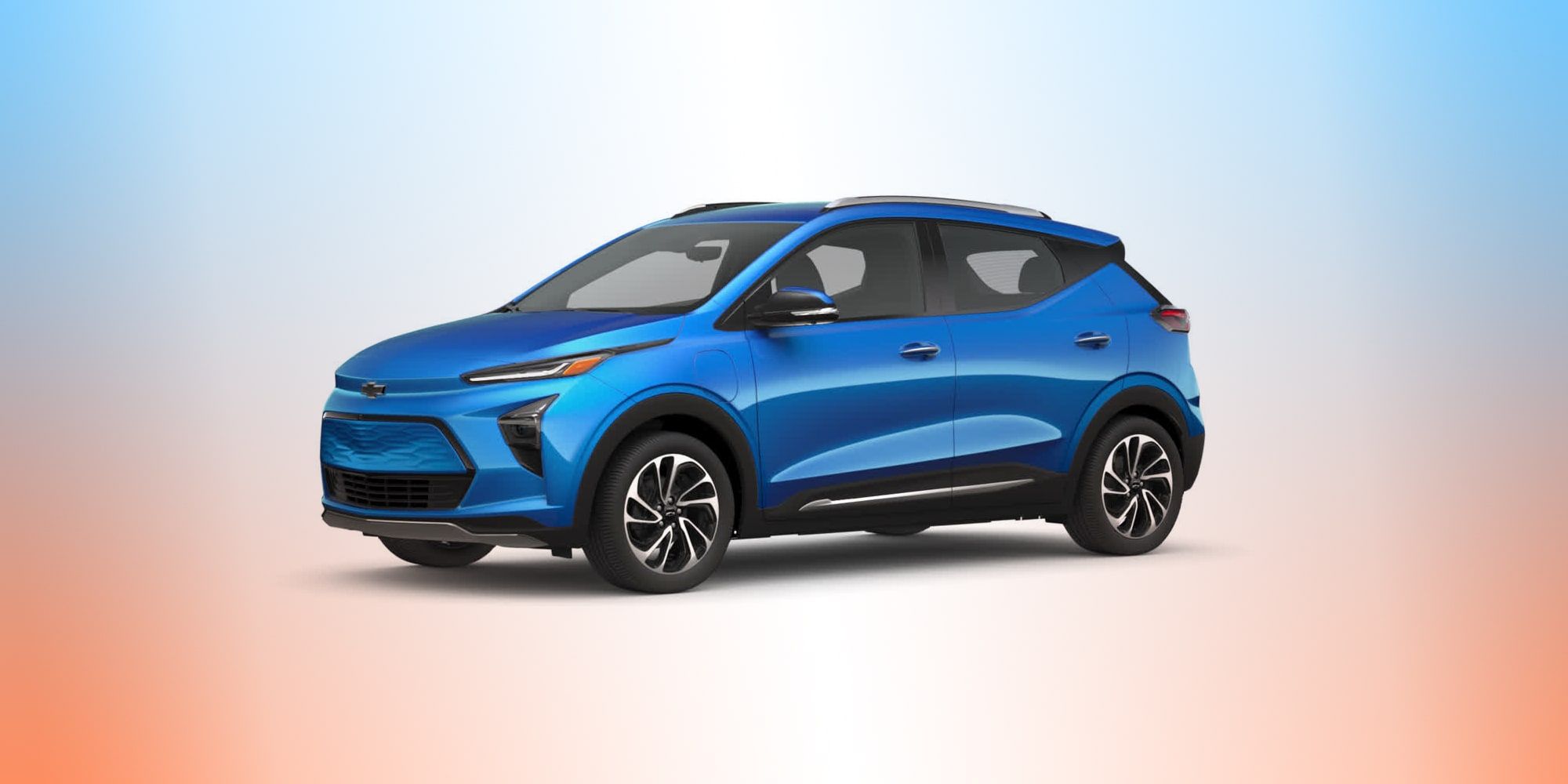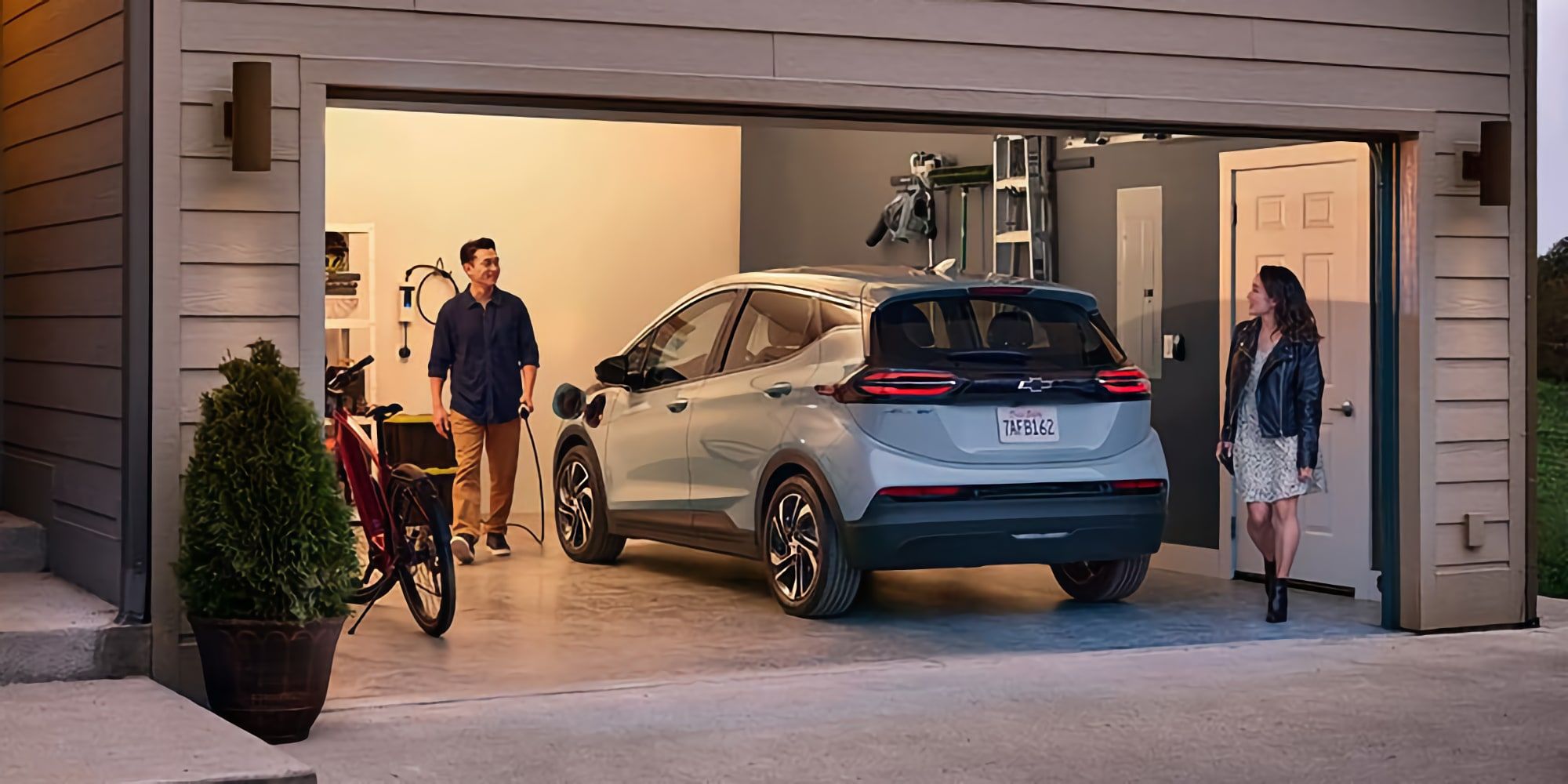
In a somewhat surprising development, Chevrolet recently announced that the number of units included in the recall of its Chevy Bolt lineup of vehicles will be greatly expanded. Chevrolet is one of the largest and most trusted vehicle manufacturers in the world but this misstep could hurt both its reputation and its bottom line. While the recall is related to the batteries used, which were sourced from LG, a measure of quality control testing for all vehicle components remains Chevrolet’s responsibility, and Bolt owners obviously just want their cars to work as intended.
Announced in 2015, the Chevy Bolt broke new ground for Chevrolet and surprised the industry, becoming one of the first American manufacturers to offer a strong challenge to Tesla’s electric vehicles. Part of the reason the Bolt was able to be developed so quickly was that Chevrolet partnered with LG Corporation for most of the drivetrain, battery, and many electronic components. Work Partnership between Chevy and LG began in 2007, with the latter supplying components for the OnStar system, and LG became the exclusive supplier of the Chevy Volt hybrid’s battery.
Chevrolet announced an expansion to the recall of its Chevy Bolt electric vehicles including model years from 2017 and 2022 after discovering a problem with the battery pack contained within these cars. Also affected by the recall is the brand new 2022 Chevrolet Bolt electric utility vehicle (EUV). This means every model of Chevy Bolt ever made is being recalled, with the company citing the potentially higher risk of battery fires in these vehicles. Chevrolet provided specific safety instructions to enable the use of these cars until servicing can be done to correct the problem.

To ensure that all of its customers are both safe and happy, the company will need some time to complete the recall and repairs, and Chevrolet indicated it will notify customers when replacement parts are available for their vehicle. In the meantime, keeping the level of battery charge within certain ranges will decrease the likelihood of a problem. For those with 2017 and 2018 models, Hilltop Reserve mode should be set to 90 percent. In 2019 to 2022 models, set Target Charge Level to 90 percent. Chevrolet also suggests charging the vehicle more frequently to keep at least 70 miles of remaining range. Apparently, the risk of fire is minimized within these parameters. Even so, Chevrolet advises owners to park the Chevy Bolt outside immediately after charging and to avoid leaving it on the charger overnight when indoors.
The total cost of this recall is expected to be well over a billion dollars, but because the battery packs in question were defective when supplied to the automaker, Chevrolet has asked for reimbursement from LG. The Chevy Bolt EV and the new EUV have been well-received and stand up well to market leader Tesla as a lower-cost option. Chevrolet plans to become fully electric by 2035 and it’s unlikely this problem, despite its size, will change those plans.
Source: Chevrolet
from ScreenRant - Feed https://ift.tt/3DbsUFe


0 Comments